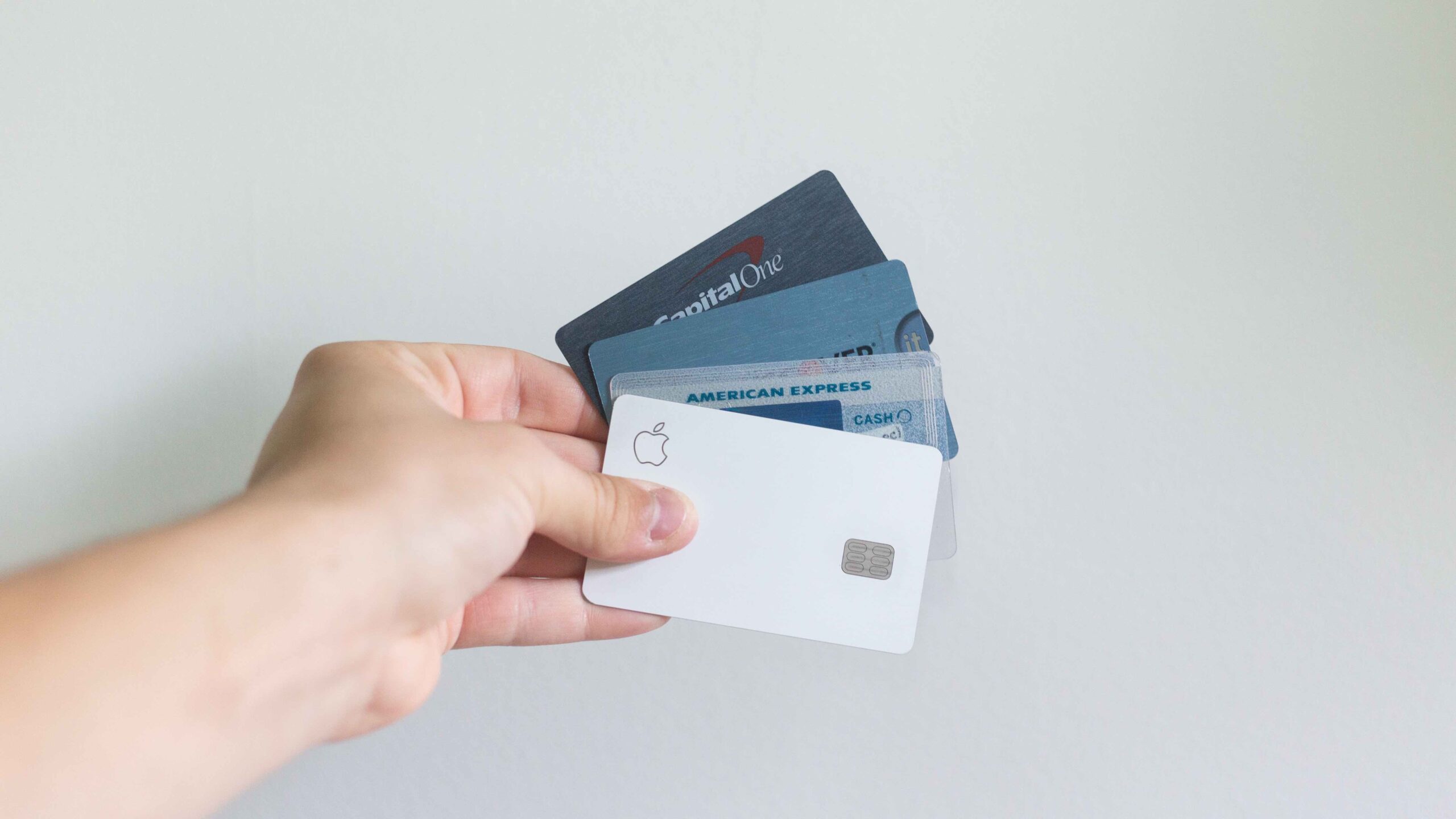Nowadays we pay with smartphones. More specifically the debit cards and credit cards were added to the smartphone wallet.
Which one should you choose?
In this article, we will explore the pros and cons of debit cards and credit cards, based on their difference in terms of functionality and potential risks.
Debit Cards
Debit cards are linked directly to a bank account, when you spend with the card, it deducts your money in the account right away.
Pros
- No overspending
You can only spend how much you have in the account. It is ideal for people with poor financial awareness or habits. Or you just don’t want to "spend what you don’t have" (yet) like in credit card. Because essential credit card is lending you the money first when you spend, you pay it back later.
- No interest charges and avoid debt accumulation
Since debit cards use your own money, you won’t incur interest charges on purchases or carry any revolving debt. By avoiding credit, you can prevent the accumulation of debt and the associated interest charges.
Cons
- Limited fraud protection
Since debit cards are linked directly to your bank’s available balance. It offers less robust fraud protection compared to credit cards. Because of its debit nature, the money being used is spent right away with no return. If your card is lost or stolen, unauthorized transactions can potentially drain your bank account. Liability for fraudulent charges may fall on you until you report the issue.
- No credit-building opportunities – for buying more expensive things
Debit card usage does not contribute to building a credit history, which can impact your ability to obtain loans or favorable interest rates in the future such as home loan payments.
Credit Cards
Credit cards allow individuals to borrow money from a financial institution up to a predetermined credit limit. In other words, you spend first, pay later. Here are the pros and cons of using a credit card:
Pros
- Building credit history
Responsible credit card usage, such as making timely payments, helps establish and improve your credit score, leading to better loan terms and access to financial opportunities.
- Rewards and perks
Many credit cards offer rewards programs, such as cashback, travel points, or discounts, providing additional benefits for cardholders. I personally don’t take it seriously, because it’s not worth the hassle.
- Enhanced consumer protection
Unlike debit cards, credit card usually charges to your account a day after spending. This means credit cards could offer better fraud protection, allowing you to dispute unauthorized charges and limiting your liability for fraudulent transactions, if you act correspondingly.
- Emergency funds and flexibility
Credit cards can provide a financial safety net during emergencies or unexpected expenses, offering immediate access to funds when needed.
Cons
- Potential debt accumulation
If you don’t have a disciplined spending habit. Credit cards can lead to overspending and the accumulation of high-interest debt if not managed responsibly. Carrying a balance from month to month can result in substantial interest charges. Always paying a minimum charge per month is the last thing you want in managing money.
- Fees and interest rates
Credit cards may have annual fees, late payment fees, and high-interest rates, which can add to the cost of using credit.
- Temptation to overspend
Credit cards provide easy access to credit, which can tempt individuals to spend beyond their means, leading to financial stress and a cycle of debt.
Summary
Choosing between a debit card and a credit card depends on your financial goals, spending habits, and level of financial responsibility. The rule of thumb is never to overspend.
If you are money wise you can make use of both of them, as they have different perks. Debit cards encourage financial discipline and prevent debt accumulation. Credit cards offer spending rewards (encourage you to spend), the opportunity to build credit, and better fraud protection.
Personal Take & Worthy Mentions
Acquire both, but spend with each one for different purposes. Always use a smartphone wallet to pay, so when you lose your (digital) cards, the "new owner" has no way to spend your money without a FaceID or fingerprint. Now, if you lost a physical debit card, that’s a real problem.
What I usually do, is pay with a debit card in Apple Wallet with my checking account, and carry no physical card unless withdrawing cash. Every online subscription goes to another account, where I only deposit just enough amount from my main account to that subscription’s only bank account monthly, so there’s no way to overspend in that account even if fraud occurs since there is only limited money in it.
Always keep my card number for the main account hidden or unused. Transfer your expenditure to another account, and spend using that account-related card instead. So it offers maximum protection from using a debit card.






